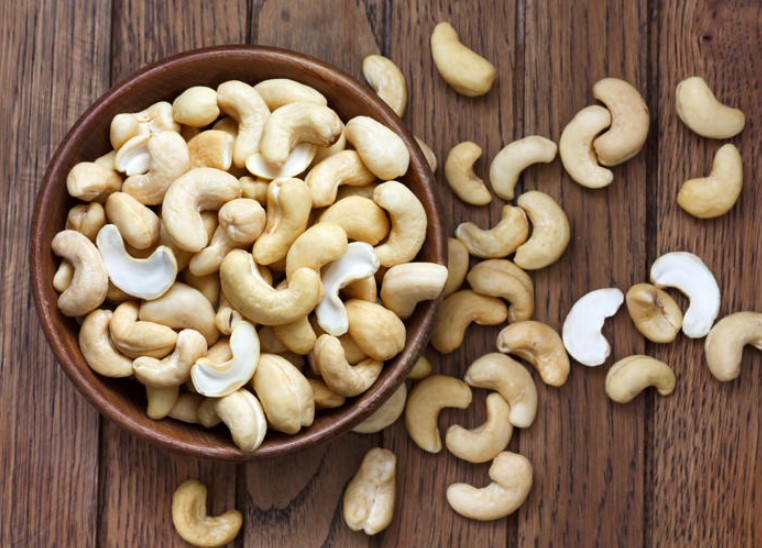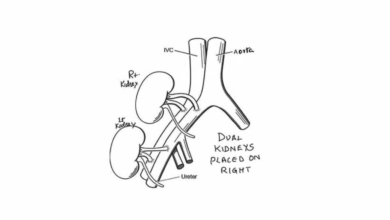Health
Cashew: Experts weigh in on health benefits, nutrition facts, and more
Perspective from Iyanuoluwa Oyetunji
Benefits
- Cashews are rich in fiber, low in sugars and contain healthy fats. This combination of nutrients make cashew very likely to reduce the risks of cardiovascular diseases and excessive weight gain.
- Cashews are also rich in polyphenols, carotenoid and other useful antioxidants. This make cashew likely to improve immune function and prevent a range of chronic diseases caused by the action of free radicals in the body.
Possible Side Effects
- Due to its high oxalate content, cashew may increase the risks of kidney stones when taken in excess by individuals prone to kidney diseases.
Perspective from Maria Arienti
Benefits
- Cashew contains vitamin C and zinc which play a vital role in strengthening the immune system protecting against infections and helping in wound healing.
- Cashew prevents cardiovascular disease as it has good fats called oleic acid, and antioxidants which reduce triglyceride blood levels and protect the heart.
- Cashew helps in the prevention of some types of cancer such as breast, colon and prostate, due to it contains lycopene, beta-carotene and cardanol which inhibits the proliferation of tumours as it reduces oxidate stress.
Possible Side Effects
- Casher is an excellent source of magnesium which may interfere with several medications such as quinolone antibiotics like ciprofloxacin. It can also affect blood pressure medications and calcium channel blockers, increasing the risk of side effects associated with these medications and causing nausea and fluid retention.
- Allergies caused by cashews are increasing every day and may affect young children. This provoke airways constriction producing shortness of breath, treat swelling, itchy mouth and esophagus, nausea, vomiting and diarrhea.








